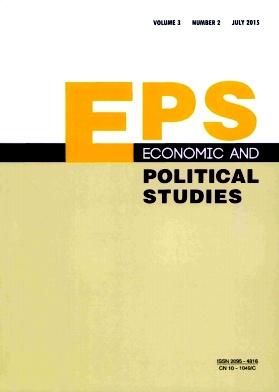中国软实力与美国舆论
IF 2
4区 社会学
Q2 SOCIAL SCIENCES, INTERDISCIPLINARY
引用次数: 3
摘要
近年来,中国一直在利用其软实力(最显著的是孔子学院的建立)影响外国舆论。然而,关于软实力的文献尚未提供一个明确的答案,即这是否导致了中国在外国受众中的正面形象。此外,尚不清楚正面形象是否会影响公众对这些国家外交政策的态度,例如与贸易和军事冲突有关的政策。基于2018年6月的一项在线调查实验,本研究表明,软实力信息(关于孔子学院对美国社会的积极贡献)确实使美国公众对中国感到更温暖,更愿意支持贸易谈判。然而,这种温暖的感觉并没有改变公众对与中国就南中国海争议岛屿发生潜在军事冲突的态度。我们的研究为关注中国软实力对美国公众舆论影响的政策制定者提供了实证支持和建议。本文章由计算机程序翻译,如有差异,请以英文原文为准。
China’s soft power and US public opinion
Abstract In recent years, China has been using its soft power (most notably, the establishment of Confucius Institutes) to influence public opinion in foreign countries. However, the literature on soft power has yet to provide a definitive answer about whether that has led to a positive image of China in the foreign audience. Additionally, it is not clear if a positive image would influence public attitudes concerning foreign policies in those countries, such as policies related to trade and military conflicts. Based on an online survey experiment in June 2018, this research shows that soft power information (about positive contributions of Confucius Institutes to the American society) does make the US public feel warmer towards China and become more willing to support trade negotiations. However, the warm feeling does not alter public attitudes towards a potential military conflict with China over disputed islands in the South China Sea. Our study provides both empirical support and advice to policymakers interested in the influence of China’s soft power on US public opinion.
求助全文
通过发布文献求助,成功后即可免费获取论文全文。
去求助
来源期刊

Economic and Political Studies-EPS
SOCIAL SCIENCES, INTERDISCIPLINARY-
CiteScore
5.60
自引率
4.20%
发文量
29
 求助内容:
求助内容: 应助结果提醒方式:
应助结果提醒方式:


